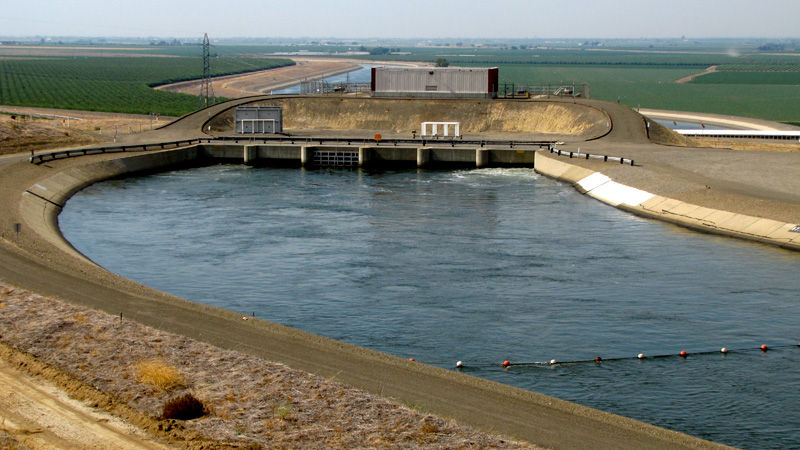Water is always a hot political topic in California, and this drought-plagued year is no exception. Proposition 1 on the November ballot would authorize $7.5 billion for what supporters say are critical water quality and infrastructure projects. We’ll discuss what’s in the bond and hear from opponents who claim that it’s too costly and won’t solve the state’s water needs.
Show Highlights
What Would Prop. 1 Do?
"Basically, it would allow the state to sell a $7.5 billion in bonds for a whole range of projects and there are essentially seven buckets: The biggest bucket is $2.7 billion for storage – that could be for new dams. That's the most controversial part of this. There's another $1.5 billion for watershed restoration. That's basically helping fish, wildlife and creating new parks. There's $900 million to clean up polluted groundwater, which we could then drink if we cleaned it up. Another $800 million for water conservation projects and these would be grants to cities to do things like give you money if you buy a low flush toilet. And then other money for other projects like water recycling, waste water treatment and improving the levees in the Delta and other places."
-Paul Rogers
Would These Projects Just Disappear if Voters Reject Prop. 1?
"Many of them either would be delayed and not built because we're not getting a lot of federal money right now with the Republicans in the House limiting spending, particularly for California. So very little of that and local areas would have to come up with their own money. We've seen some local reservoirs built in the last fifteen years — Contra Costa County built a big one called "Los Vaqueros Reservoir" with its own money. And there's another one down in Riverside County called East Side Reservoir, which Metropolitan Water District built. So we would have some of these projects, but we wouldn't have as many. And you know the debate we're going to hear is "What is the best way to spend this money?" And remember bond money is debt — it's basically putting money on the credit card. So we have to pay it back with interest over time."
-Paul Rogers
Why Should California Vote for Prop. 1?
"Together with the recently enacted groundwater management reforms, this bond provides a framework for more sustainable management of California's most precious resources: both for the environment, for the needs of people, and ultimately our economy. This bond is different than its predecessor and includes important investments in conservation: recycling storm water, groundwater cleanup and with a balancing of addressing long overdue and ongoing environmental impacts. [The bond] really reflects this important approach of not just meeting the systemic needs of California's water system management."
